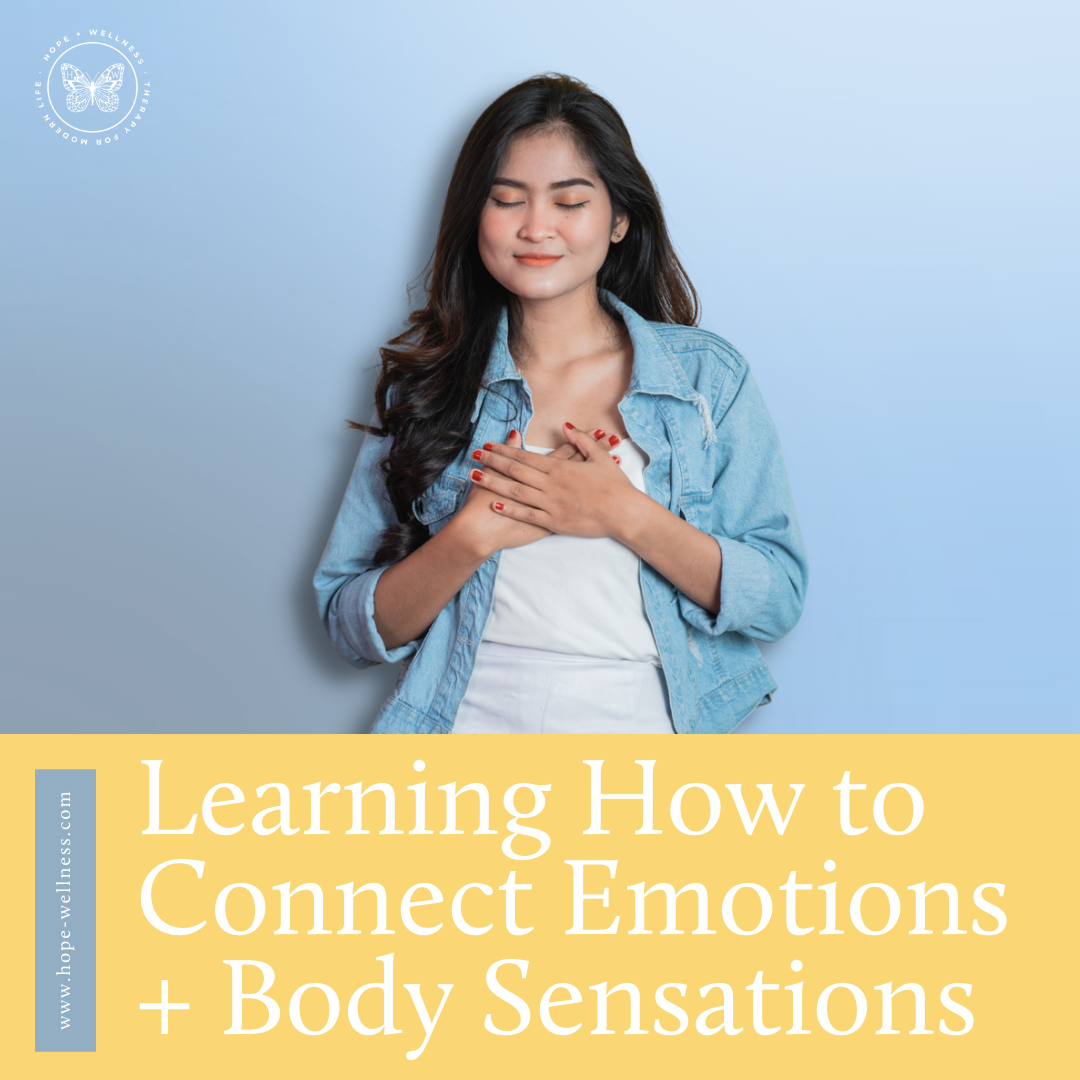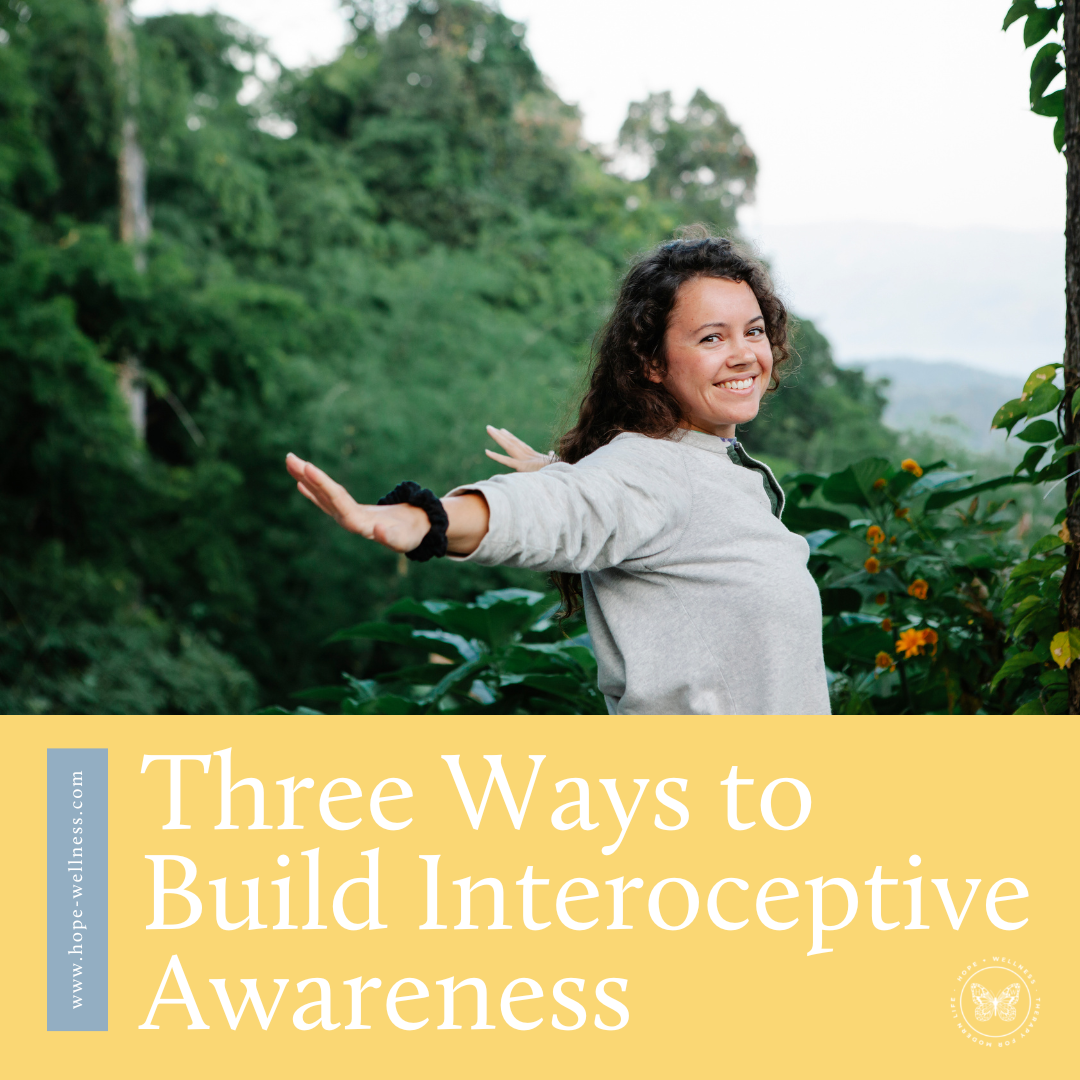Mindfulness Tips for When You’re Having a Bad Day
We all have those not so good days. Whether it’s because of something that happened at work, a fight with your partner, an uncomfortable family situation, or something else entirely, bad days happen. There is no way to avoid the occasional bad day - we can only control our reaction to it. When we're caught up in the idea that we're having a ‘bad day’ it can become a kind of self-fulfilling prophecy. We suddenly notice that every red light takes too long to change or that people are misunderstanding us more than usual. When we’re already agitated, it takes very little to push us the rest of the way over the edge. That’s where mindfulness can come in handy on a bad day.
When you’re in the middle of a bad day, you might feel like there’s nothing you can do to feel better in the moment. Depending on the situation, that might be true. However, mindfulness can be a helpful tool to have in your mental toolbox for when tough stuff comes up. Relying on mindfulness can help you make the most of your bad day and gain a sense of peace.
What is mindfulness?
Mindfulness can be a transformative practice that helps you learn to sit with your thoughts and focus fully on the here and now. Instead of worrying about the future or overanalyzing things that already happened, mindfulness is focused on what is happening now. The most important part of mindfulness is remembering not to judge yourself. When you’re actively trying to focus on the present, you will notice a million different thoughts trying to get your attention. It’s okay if they do. Mindfulness is a practice, and it takes time to learn how to let your thoughts move past without engaging them. If you notice your focus slipping, gently remind yourself that you’re focused on the present moment. It can help to have an affirmation to repeat to yourself when this happens to gently redirect your attention. Try something like “I’m focusing on the present moment now,” or paying attention to your breathing to help you stay present.
How can mindfulness help with a bad day?
Mindfulness teaches us to notice without judgment. When you’re having a bad day, you might have a hard time admitting that it’s a bad day, because that sounds like giving up or giving in. However, we can’t change anything if we don’t recognize it first. Admitting it’s a bad day won’t make it any worse, it just means you can acknowledge it and try to move on from there.
Do a body scan
Where are these bad day feelings living in your body? Do you feel a heaviness in your chest or gut? Do you feel tension in your neck? Close your eyes and scan your whole body, from the top of your head down to your toes and see where the discomfort is hanging out for you. When you recognize that your feelings can be felt in your body, you can have a little more compassion for yourself. After all, if you have an ache or pain, it’s okay to treat that! It’s the same with emotional or mental pain.
Remind yourself of the facts
Mindfulness can also help us realize that our feelings aren’t facts. We might feel like our world is ending on a bad day, but what do the facts say? Take a deep breath and separate your feelings from what’s actually going on. Remind yourself that you’ve had bad days before and you’ve gotten through every single one. If it helps, remind yourself that all days end and this one will too.
Get it out on paper
Sometimes no matter how hard we try to focus on the present, our thoughts continue to jumble up in our heads and make us feel worse. When that happens, it can be helpful to talk or write out what you’re feeling. Grab a journal or make a voice memo in your phone and let yourself write or talk for a few minutes. Try setting a timer and give yourself that amount of time to write about it, and when you’re done, imagine closing the cover of your journal or pushing the stop button on your phone as letting go of those thoughts. It might take some practice to help you get used to dumping your thoughts and worries this way, but it can be freeing to get them all out of your head so you can focus on feeling better.
Distract yourself
When you’re in the middle of a distressing day, a distraction might be helpful to take your mind off things. Not all distractions are bad - if it helps you to stop ruminating on what’s wrong with your day, it can be a game changer. Try distracting yourself with joyful movement, cooking, making art, cleaning, or something else that is fun but also challenging.
Use your senses to self-soothe
If you’re feeling extremely distressed, soothing yourself can be essential. Try using your senses to soothe yourself. Pick 5 things you can see, 4 things you can hear, 3 things you can feel, 2 things you can smell, and 1 thing you can taste. Keep going through these until you feel less agitated. You can also do breathing exercises like box breathing to help calm yourself down.
Having a bad day is no fun, but it’s the reality from time to time. Instead of being stuck when those days come up, adding in mindfulness skills to your mental health toolbox can help support you so you can get back to feeling like yourself in no time. If you’re looking for support starting a mindfulness practice, our therapists can help find what works best for you. Contact us today to book a session.











What if winter isn’t a time to push through, but an invitation to slow down? Even if we can’t get there fully, like bears hibernating until spring, can we meet our need for slowness and rest this season halfway? Can we learn to welcome a season of rest? Embracing rest during this season can be a radical act of self-care and healing.